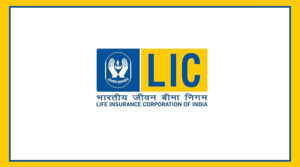The Financial Action Task Force (FATF) is contemplating new disclosure standards for cross-border online transactions, which could increase costs for banks and credit card companies.
The FATF, an international organization focused on combating money laundering, is considering expanding regulations to include credit cards and wire transfers.
This potential change aims to enhance transparency but may lead to higher compliance expenses.
Effects on Domestic and International Transactions
Proposed changes include real-time tracking of wire transfers, which currently are not always monitored. These new standards will affect both international and domestic transactions.
Sources from the Finance Ministry emphasize that while India supports increased transparency, measures should not obstruct the fintech industry or complicate business operations.
Implementation of the ‘Travel Rule’
The FATF is also evaluating the adoption of the ‘Travel Rule,’ which would mandate tracking all cross-border online transactions.
Currently, credit card transactions only require disclosure of the cardholder’s name and country.
The new rules would demand more detailed real-time tracking, increasing operational costs for credit card companies and financial institutions.
Increased Compliance Costs for Credit Card Companies
If the new standards are implemented, credit card companies will face higher compliance costs due to the need for legal and procedural adjustments across various countries.
India is expected to play a significant role in discussions about these changes, with a major meeting scheduled in Mumbai next year. The Reserve Bank of India (RBI) is also engaging with stakeholders on this issue.
While the emphasis is on improving transparency, there is concern about balancing this with the need for efficient transaction processing. Additionally, FATF plans to update standards for Financial Inclusion Accounts.
























